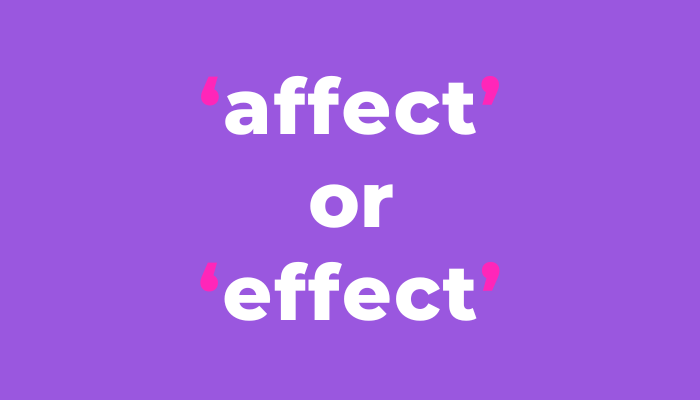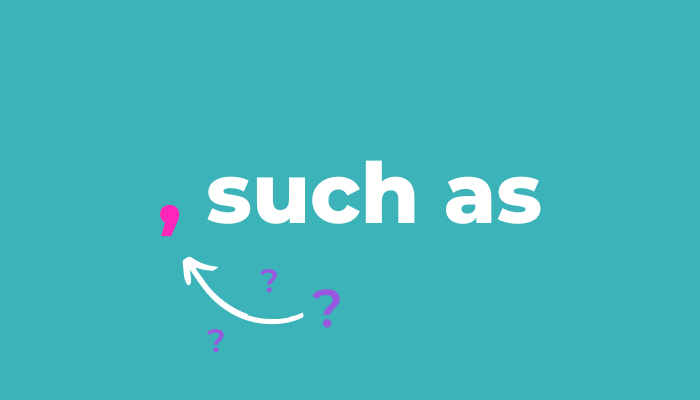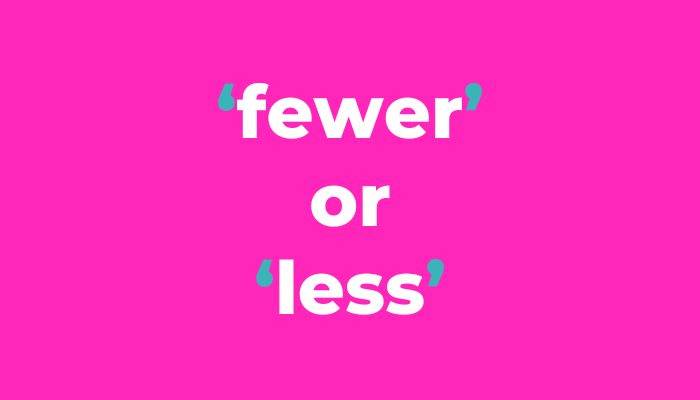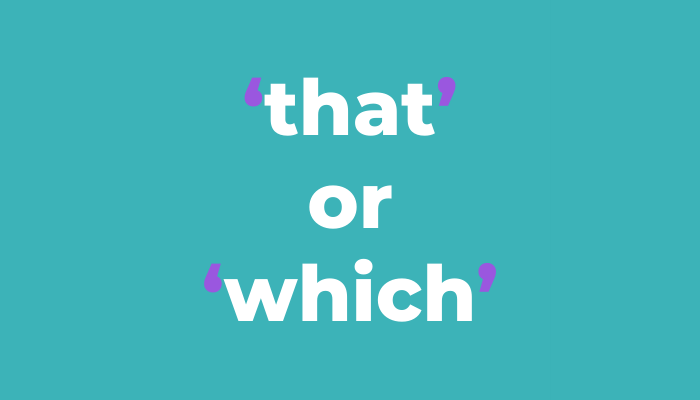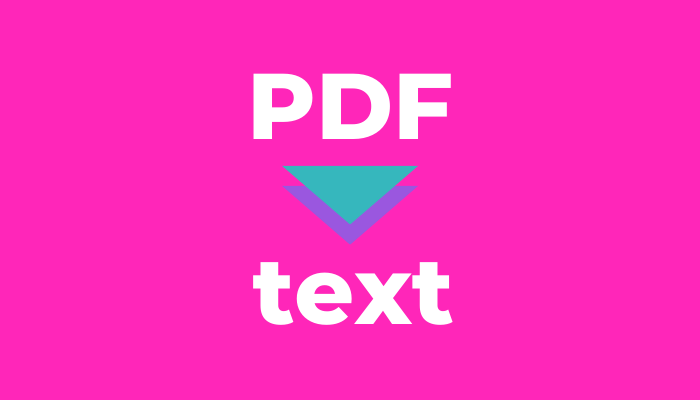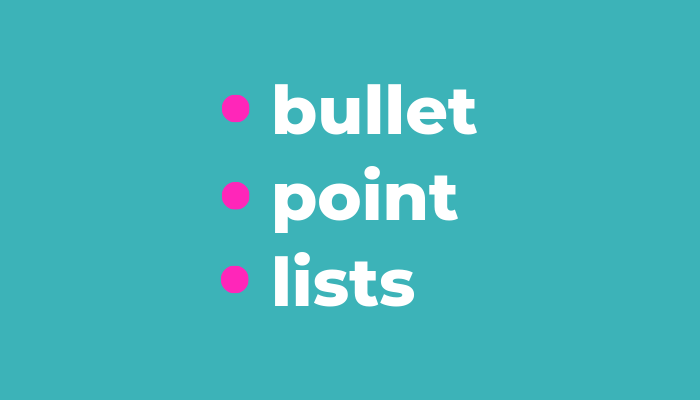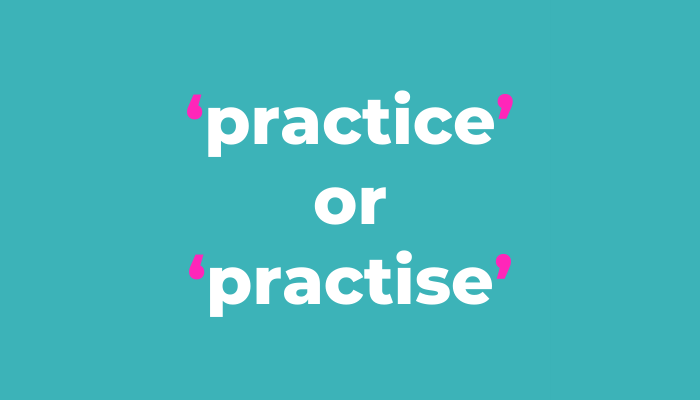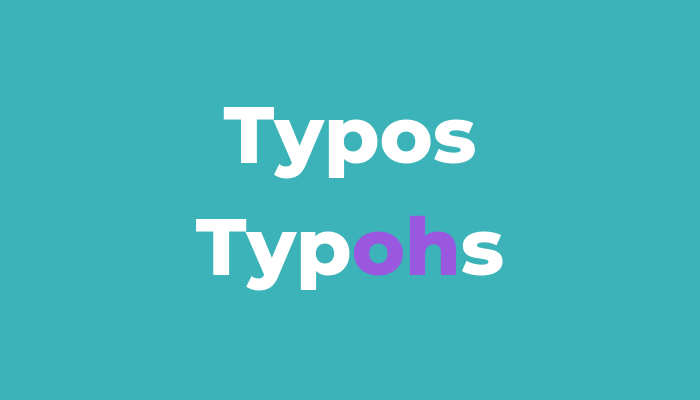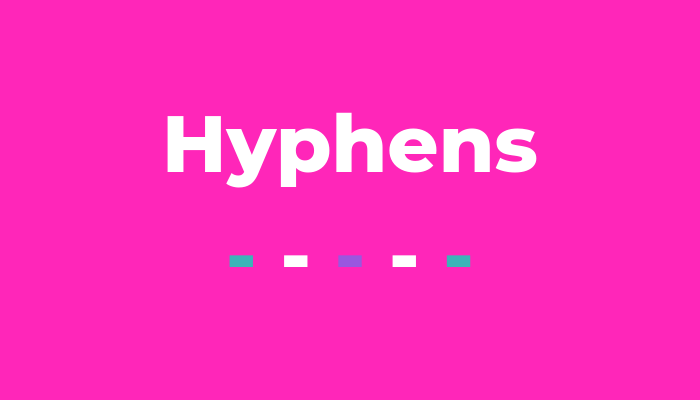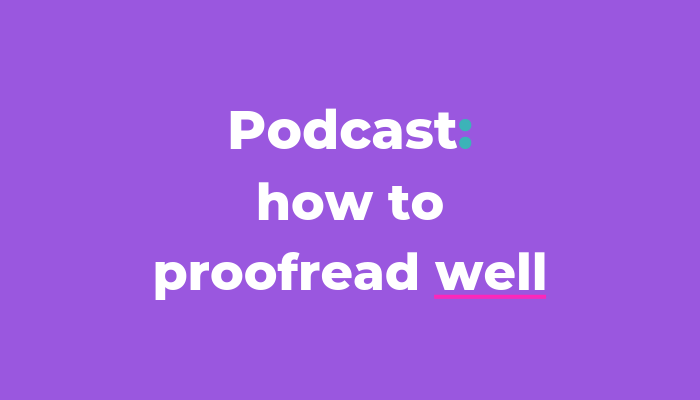10 commonly confused words in your marketing content
English is a tricky beast at times and spellcheck can’t always be trusted when we need it.
The chances are you’ve made the their/they’re/there typo. I have. It happens. We often type on autopilot and sometimes the letters we tap out aren’t always the letters we need. But what about those words that we don’t realise are ever so similar to another so we get them muddled. Even if you’re following a proofreading guide to keep you focussed, we can be caught out by confusable words.
Here you’ll find ten commonly confused words that slip through when you’re proofreading your marketing content.
What are confusables?
Confusables are words that we regularly mix up because they look or sound similar but have different meanings. Think words like accept/except and advice/advise.
Spellcheck and software like Grammarly won’t flag these easily confused words because they’re spelled correctly. It’s up to us to catch them!
But when you’re tasked with proofreading, you’ve so much to work through…
It’s not just the spelling. There’s the punctuation and grammar. The missing words and the duplicated ones. There are hyphens and dashes to check. There’s continuity of style like capitals and full stops in headings, and if both curly and straight quote marks have been used too.
Sometimes confusable words sneak in because we don’t notice that autocorrect has made a change as we type. Maybe we know the difference between the words but forget which way they’re spelled. Or it might be that we didn’t even know there was a difference at all.
Transatlantic trips
UK and US English spellings can trip us up too. It’s these differences that add to the confusion as we’re used to reading both. And if you’re working on a document set up in US English but written and proofed in British, issues can slip through. Particularly when copywriting and marketing agencies have to change between writing in UK, US and international English for their clients.
Marketing copy confusables
Most lists of confusables include the general words we mix up. But what about the words you’re likely to overlook in the marketing content you’ve created?
When you’re working with skilled writers and content creators, the chance of them not knowing the difference between lose/loose is unlikely.
And unless you’re proofreading copy on the hot and steamy world of pens and paper (slowly peeling off a new Post-it, taking in that Sharpie hit as you pop off the lid…) then the stationery/stationary confusion of parked cars and pencil cases is a slim as a pointy-nibbed HB.
Those words might slink past the spellcheck, but you’re more likely to spot them when you’re proofreading it yourself.
Instead, you want to know the words used in business and marketing that slip through because they’re not so obvious. They’re the words that are easily overlooked because your attention’s dragged in all directions as you search for other details to fix so you deliver that top copy your clients and customers expect.
It’s these confusable words that end up online or in print without you noticing. But your audience might.
Ready-made mistakes
You’ve got quite a job on to catch as much as you can. So I’ve done some of that work for you.
I’ve worked through all the copy I’ve proofed over the last year for marketing and creative agencies as well as freelance copywriters.
I’ve scrolled through my edits in web copy, white papers, brand guidelines, business reports, buyer guides and industry trend magazines to find those copywriting mistakes you can easily avoid.
And I’ve created a list of the words that were regularly used incorrectly.
If you’re looking for commonly confused words in your marketing content, this is the list you’re after.
It’s in alpha order. It seemed the fairest of the orders. I like fair.
Ten commonly confused words in marketing copy
1. Complimentary or complementary?
Complimentary: To politely tell someone you like something. Free of charge.
Bernadette was most complimentary about the bartender’s dashing blouse that she received a complimentary bowl of wasabi peas with her cider.
Complementary: extra, enhances or completes something.
The wasabi peas complemented Bernadette’s pint of Cornish cider perfectly.
Tip: Use li/e above to help you choose the right word.
2. Continual or continuous?
Continual: Starts and stops.
The music from the flat downstairs was a continual distraction.
Continuous: Never ends. Ever.
When the old laptop’s switched on it has a frustratingly continuous whirr.
Tip: ‘Continual’ has fewer letters so stops sooner than ‘continuous’.
3. Envisage or envision?
Both mean to visualise something. But…
Envisage: To consider something that’s a real possibility.
Barbara envisaged her Tinder date to be wittier from the messages they’d shared.
Envision: To imagine something that’s more hypothetical.
Barbara envisioned they’d hit it off and she’d never need to swipe right again.
4. Every day or everyday?
Every day: Happens daily.
Bernadette jogged along the seafront every day.
Everyday: Describes a noun as ordinary or regular.
Jogging was an everyday activity for Bernadette.
Tip: Pop ‘single’ in the middle of ‘every day’ or replace ‘every’ with ‘each’.
5. Licence or license?
Licence (n): A permit or permission.
Barbara was chuffed about getting her driving licence so she could take Bernadette out.
License (v): To authorise something.
The restaurant was licensed to sell booze, but Barbara was driving.
Tip: Swap ‘licence’ with ‘advice’ and ‘license’ with ‘advise’ to see if they still sound right.
In the US: They only use ‘license’.
Here are more ways to work out the difference between ‘licence’ and ‘license’.
6. Lead or led?
This confuser is possibly because the past tense of the verb ‘to read’ is ‘read’, pronounced ‘red’. But that’s not how ‘to lead’ works…
Lead (n): A type of metal.
Bernadette knows her pencil’s made of graphite but she’ll always call it ‘lead’.
Lead (v): To guide along. To be the first.
Bernadette took the lead on the second trip to the buffet.
Led (v): The past tense of ‘to lead’.
Bernadette led the way to the buffet for their second helping.
7. Log in or login?
Log in (v): To log in.
She couldn’t log in to buy the Xena Warrior Princess box set because she’d forgotten her password.
Login (n & adj): The username/password details needed to log in.
She set up an easier login because she kept forgetting her eBay login details.
8. Practice or practise?
Practice (n): A class or lesson. An office for certain professionals like doctors, dentists and lawyers. To apply something.
Barbara missed skating practice because her trip to the doctor’s practice meant she couldn’t put her new skills into practice yet.
Practise (v): To repeat something so you improve. To do something regularly.
Barbara liked to practise jumping on her skates. She twisted her ankle practising that though.
Tip: ‘Practice’ is a noun like ‘ice’ and ‘practising’ is a verb like ‘sing’.
In the US: They only use ‘practice’.
Here are more ways to work out the difference between ‘practice’ and ‘practise’.
9. Programme or program?
Programme (n): A TV show. A series of events. An event guide.
They watched a programme about Claire from Steps. Five live shows were programmed in and they bought a programme when they went to the final show.
Program (n): Computer software.
They were annoyed they had to restart the program on the laptop.
Program (v): To program something.
Bernadette wanted to program the telly to record The L word but Barbara had already programmed it for her.
In the US: They only use ‘program’.
10. Specially or especially?
Both mean ‘particularly’. But also…
Specially: For a specific purpose.
A specially planned pub quiz that’s only about pop music.
Especially: Singles out someone/thing that’s exceptional and above all others.
Bernadette was invited to join the pub quiz team especially for her Kylie knowledge.
Top ten for top content
Watch out for these ten regularly confused words to create clear marketing copy for your clients and customers. They like that kind of thing.
If you want to take your writing up another level, here are the top continuity issues in your marketing content too.



